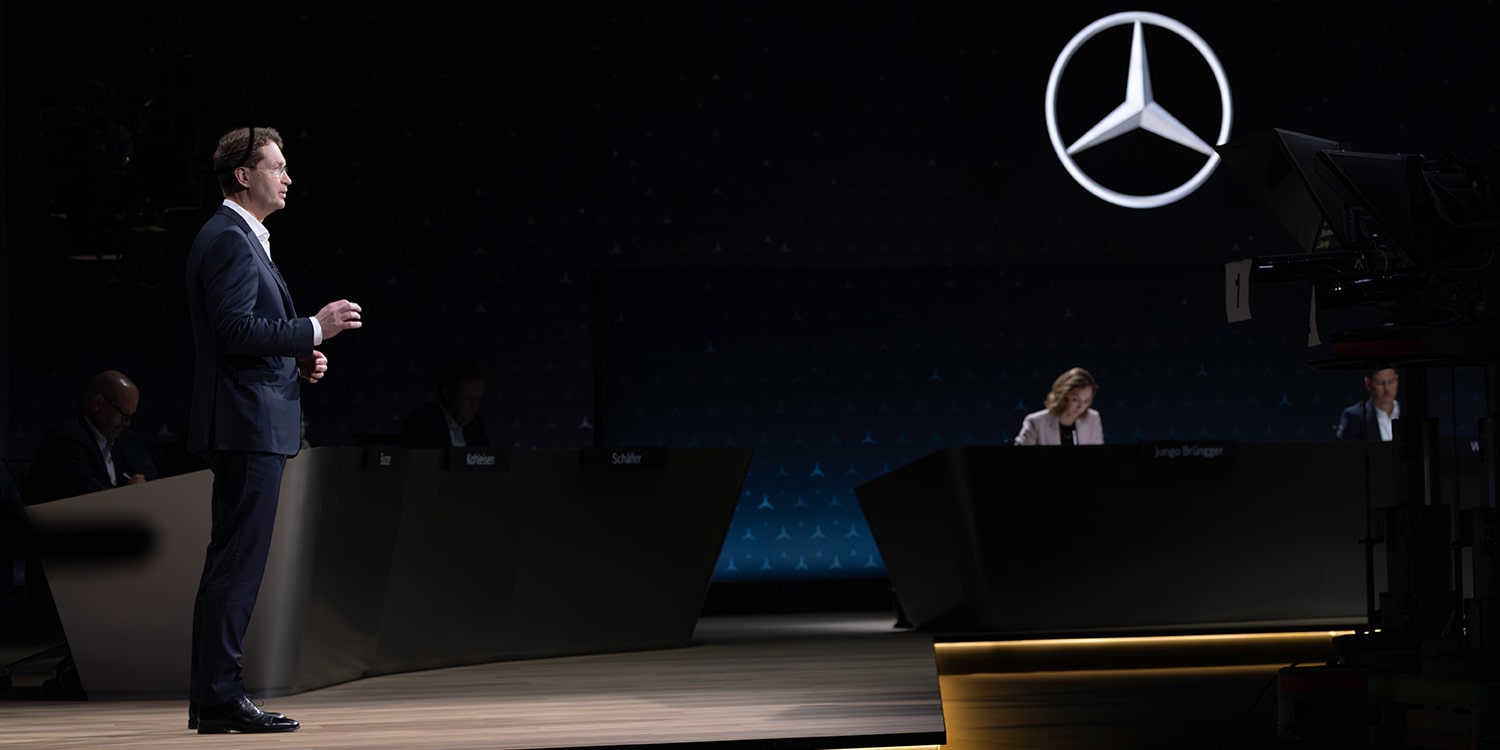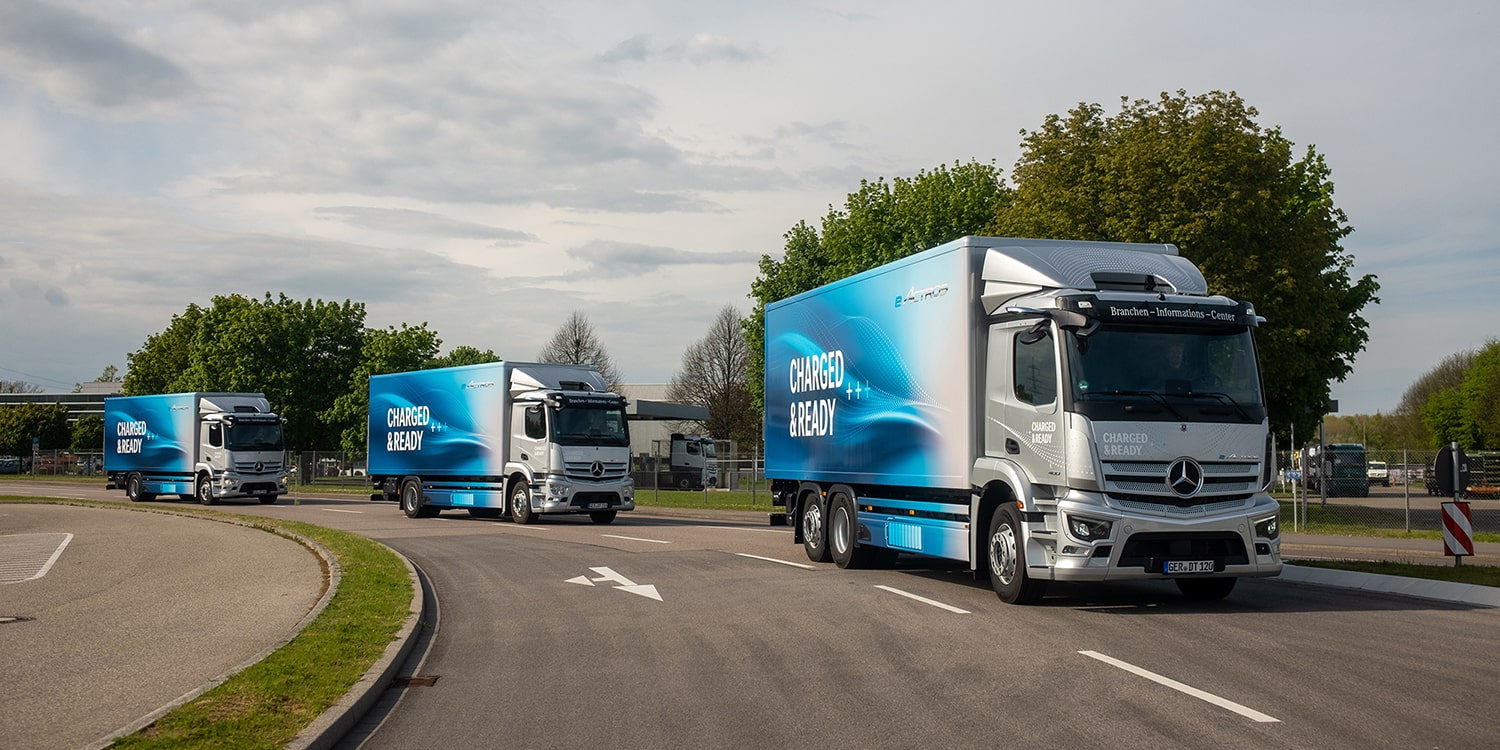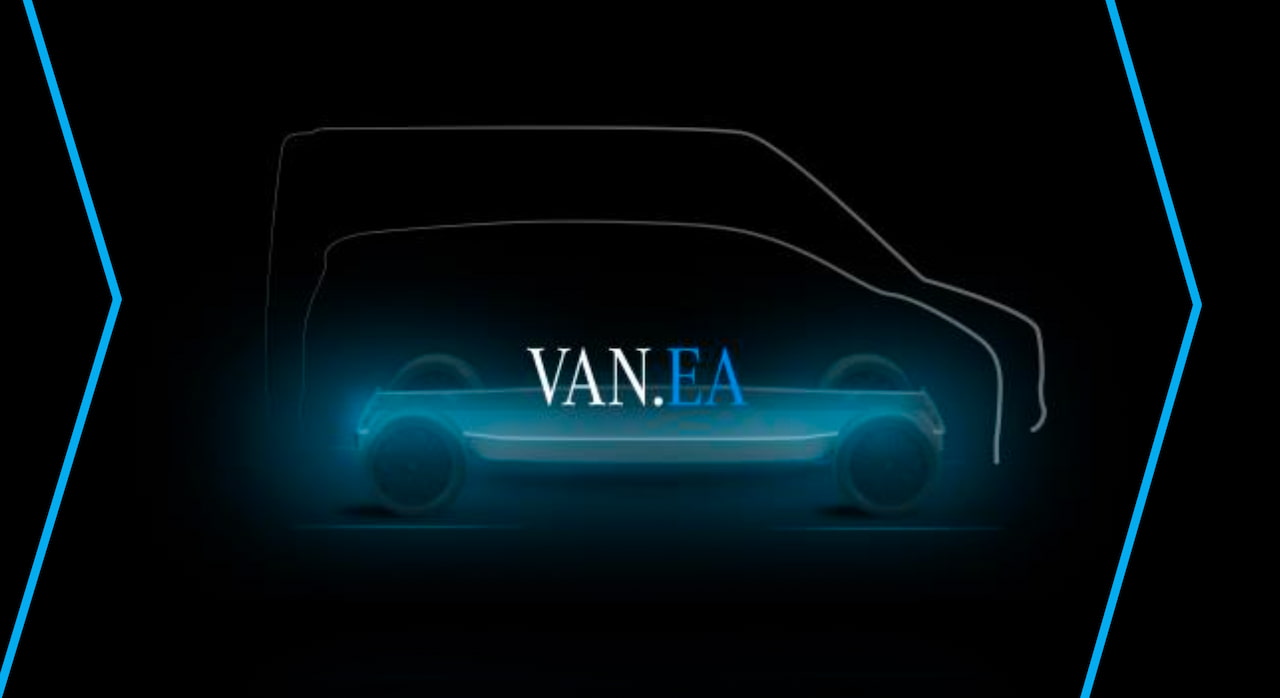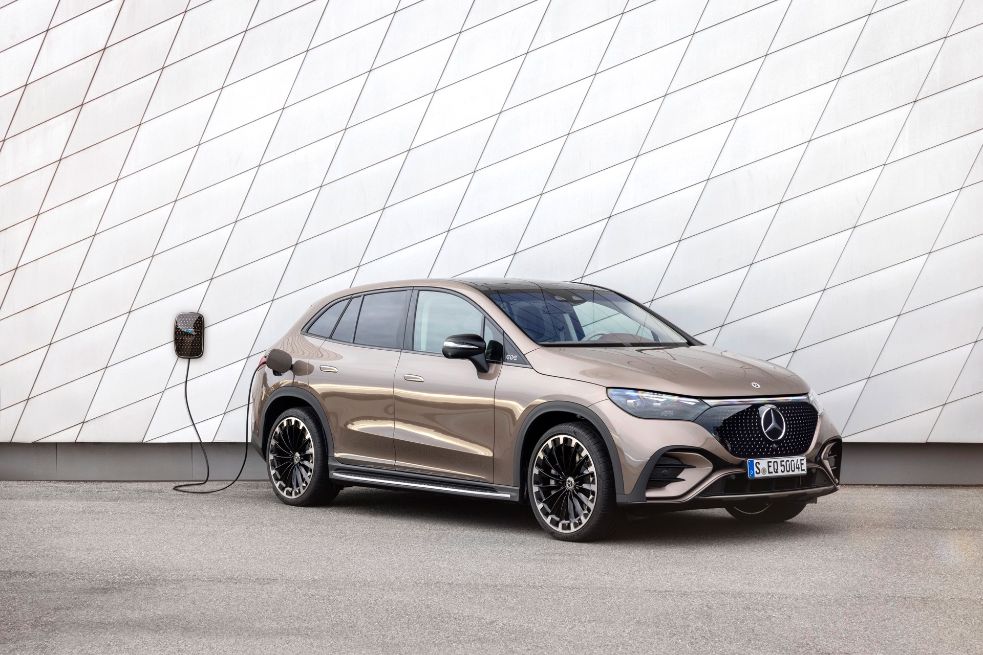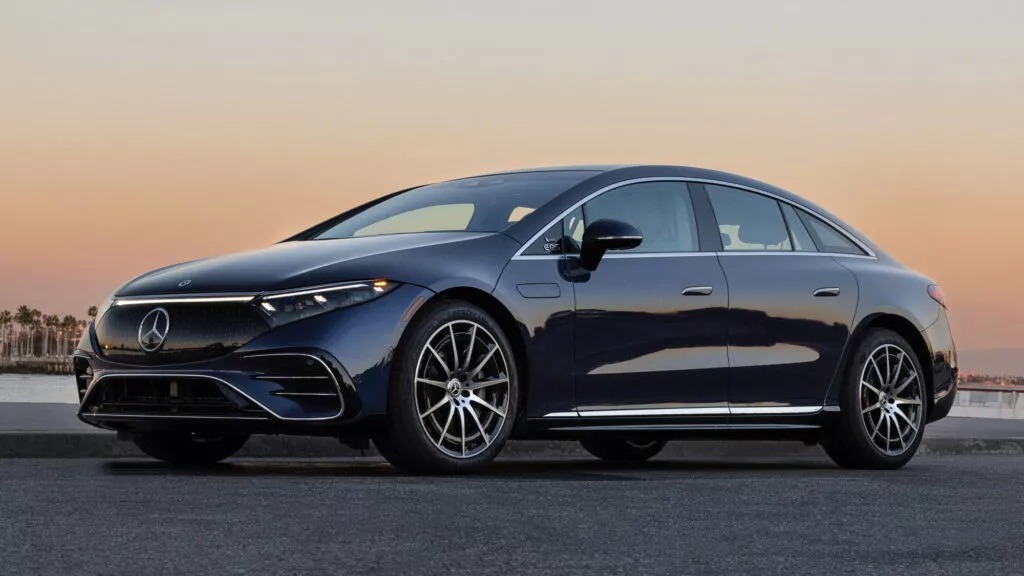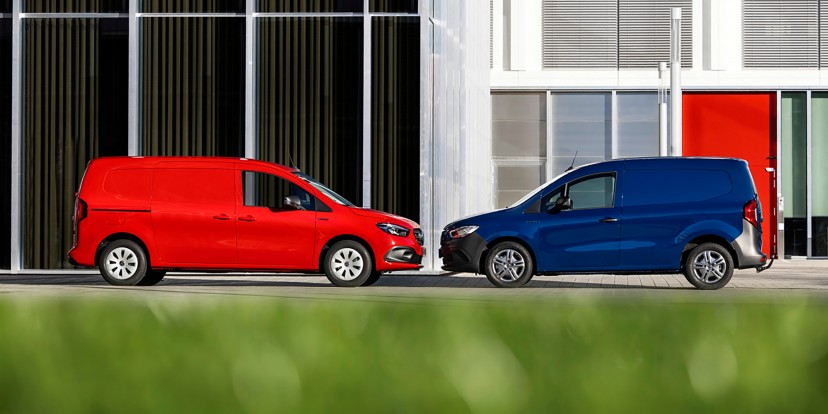Mercedes-Benz has postponed its interim target of having electric cars and plug-in hybrids account for half of its sales by 2025. The milestone has been delayed by at least one year, with Mercedes-Benz CEO Ola Källenius announcing that the middle of the decade now means 2026.
The decision to delay the target is reportedly due to sales figures for plug-in hybrids, which accounted for just under 63% of Mercedes-Benz’s xEV sales in 2022. This figure is still higher than the number of Mercedes EQ battery-electric vehicles sold, as PHEV sales have dropped by 14% in the first quarter of 2023.
See also: Mercedes-Benz’s All-Electric EQS SUV Launches in China with a Starting Price of $132,020
Battery-electric cars have also not met sales expectations, with sales for models like the EQC running far below plan. Mercedes-Benz has only sold 64,000 units of the first EQ model since its launch in 2019, with such sales figures planned per year, not over the life cycle.
Despite the postponement, Mercedes-Benz remains committed to becoming fully electric before the end of the decade, “wherever market conditions permit”. However, Handelsblatt sees the update for the V8 engine M176 as an indication that Mercedes-Benz could continue producing some combustion models in the USA and China even after 2030.
The postponement of Mercedes-Benz’s interim goal highlights the challenges facing traditional car manufacturers as they transition to electric mobility. It is not enough to set ambitious targets; meeting them requires significant investment in new technologies, production facilities, and charging infrastructure. In addition, a strong demand for electric vehicles must exist, which has yet to materialize in many markets.
See also: Zero-emission vehicle (ZEV) take a market share of 5.2% in 2021 in Canada
For Mercedes-Benz, the postponement of its interim target on electric car sales may also affect its luxury strategy and reputation. Lowering prices for electric models, such as the EQS and EQE, could undermine the perception of exclusivity associated with the brand.
In conclusion, Mercedes-Benz’s decision to delay its interim goal on electric car sales highlights the challenges of transitioning to electric mobility. The move also reflects the slow adoption of electric vehicles in many markets and the need for significant investment in new technologies, production facilities, and charging infrastructure.

